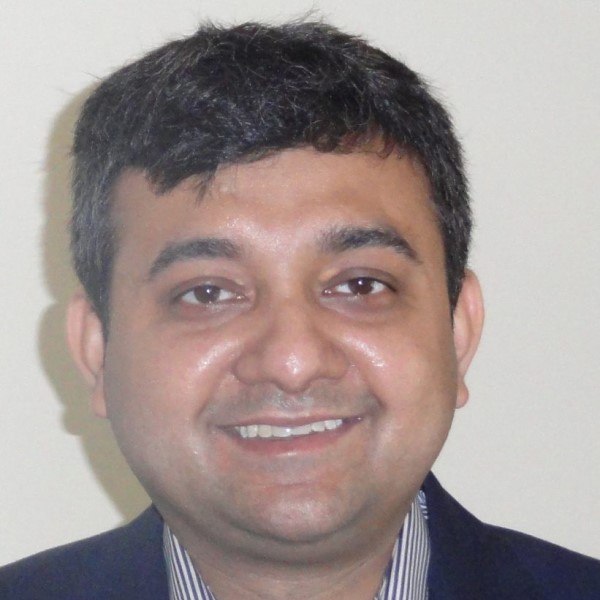Faculty Name: Dr. Saswata Bhattacharya
Course Period: 01st August 2023 to 30th November 2023 (Monday 2:30PM to 3:55PM; Thursday 4:00PM to 5:25PM)
Number of Credits: 3 credits
Course Contents:
1. Classification of thermodynamic systems – homogeneous vs. heterogeneous, unary vs. multicomponent; classification of thermodynamic variables – state functions, process variables, extensive and intensive thermodynamic properties, mathematical preliminaries of thermodynamic relations; 2. Laws of thermodynamics: first law, enthalpy and heat capacity, heats of formation and reaction; second law, entropy, irreversibility, combined statement of first and second law; third law – absolute zero; Statistical interpretation of entropy 3. Thermodynamic functions: Helmholtz free energy, Gibbs free energy; Maxwell relations; 4. Equilibrium in thermodynamic systems – thermal, mechanical and chemical; Stable, unstable, and metastable equilibrium.5. Phase stability in unary heterogeneous systems – Clausius-Clapeyron equation. 6. Thermodynamics of solutions: partial molal quantities, chemical potential, activity, ideal solutions, nonideal solutions and excess thermodynamic quantities; Quasichemical models for solutions – ideal, regular and nonregular solutions, sublattice models for order-disorder transitions. 7. Equilibrium in multicomponent heterogeneous systems – Gibbs phase rule, invariant reactions, binary phase diagrams, ternary phase diagrams, Lever rule for tie lines and tie triangles; 8. Free-energy vs. composition (G-X) diagrams in binary systems; reference states; common tangent construction, two-phase and three-phase equilibria; intermediate phases; metastable phase diagrams; calculation of phase diagrams from thermodynamic data; modeling phase diagrams with line compounds; Basics of computer calculation of phase diagrams (CALPHAD). 9. Multiphase reacting systems – Richardson-Ellingham diagrams for oxidation; Pourbaix diagrams. 10. Thermodynamics of surfaces – surface excess properties; surface tension and surface energy; capillary effects on phase diagrams; anisotropy of surface energies – equilibrium shapes; equilibrium at triple lines – Young’s equation.11. Thermodynamics of defects – vacancies and interstitials
Practice: Applications of ThermoCalc Students Edition or Pycalphad (open source) for calculation of phase equilibria, phase diagrams in binary and ternary systems, and calculation of thermodynamic properties
What you'll learn: The student learns the fundamentals of Thermodynamics of Materials and how to use thermodynamic principles to connect processing with microstructures and properties. In addition to learning the essential thermodynamic theory for materials, they gain practical knowledge of phase equilibrium calculations in different material systems.
About the Instructor: Dr. Saswata Bhattacharyya, Ph.D., is an Associate Professor at the Indian Institute of Technology, Hyderabad, India, where he has taught Thermodynamics of Materials since 2013. After obtaining his Masters and PhD from the Indian Institute of Science, Bengaluru, he carried out his postdoctoral research at The Pennsylvania State University and worked as a Materials Scientist in General Electric India Technology Center. His research focuses on computational phase transformations and phase-field modeling of microstructural evolution in alloys and oxides. He has published more than 40 peer-reviewed articles, a book (co-authored and co-edited), and taught several courses in Materials Science and Engineering. He has obtained IIT’s Excellence in Teaching Award in 2020. He contributed extensively to the development of open-source software package “MicroSim” for high-performance phase-field simulations. He was a Guest Editor for the special issue on Phase-Field Methods for Pattern Formation for the Journal of Indian Institute of Science. He is passionate about teaching thermodynamics of materials and developing applications based on thermodynamic principles for computational materials design.

Basic understanding of Physics, Chemistry and Mathematics at the first year undergraduate level.
Assessment may consist of assignments &/or quizzes &/viva &/or exams.
Fee: Rs.30,000/- Plus GST
Note: The payment link will be shared only with the shortlisted candidates by email
